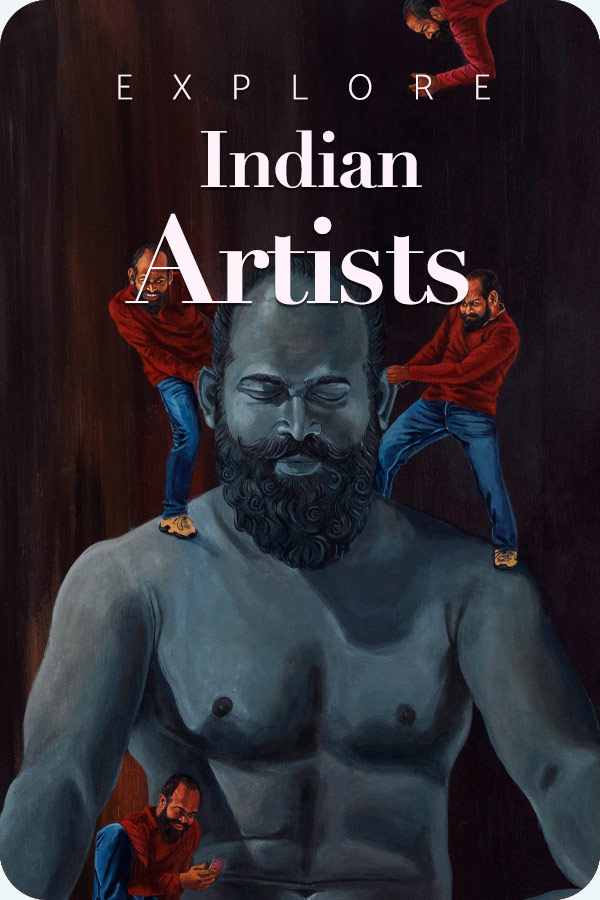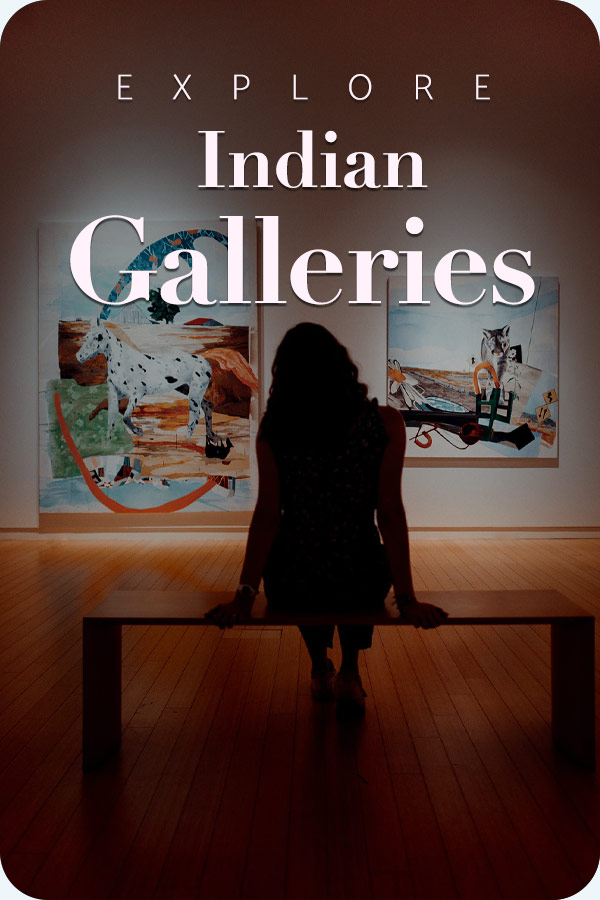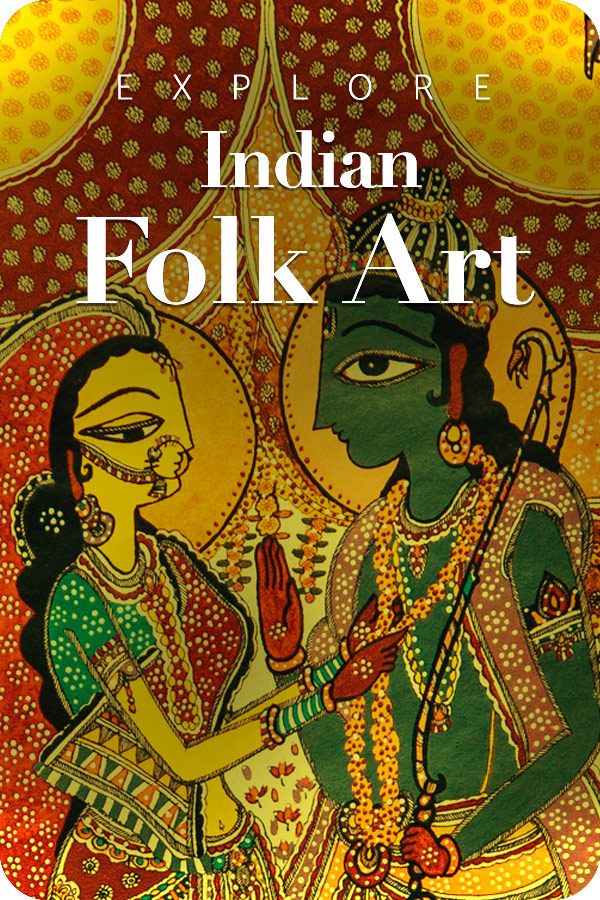
When we think about Indian Cinema, a few names instantly come to mind, not only reminding us of their work but also evoking a realization that these individuals are almost synonymous with cinema. Among the filmmakers who shaped the grammar of socially conscious storytelling in India, Shyam Benegal is an unforgettable name. The Kolkata Centre for Creativity (KCC), as part of the AMI Arts Festival 2025, presents The Lens of Revolution, a two-month event curated by Atul Tiwari that invites audiences to trace Benegal’s cinematic journey through film screenings, exhibitions, conversations, and panel discussions. This immersive retrospection runs from November 21 to January 31, 2026, and is open to all, daily from 11 am to 7 pm.
On the inaugural day, KCC hosts a special panel titled “Through Benegal’s lens: Acting, Art and the Indian Conscience.” The session features Pia Benegal, Rajit Kapur, Divya Dutta, and Sachin Khedekar in conversation, moderated by Syed Mohd Irfan. The event opens with a reflection of Benegal’s collaboration with actors, designers, etc., demonstrating that ethical commitments in filmmaking turn into performance and production choices.
Why Does This Matter?
This arrangement is not simply an act of displaying reverence or paying tribute to the legendary filmmaker; this is a much-needed revisit to Indian cinema’s one of the most influential voices, which never shouted, but executed a revolution on reel. This initiative is meticulously curated as Atul Tiwari himself is an accomplished screenwriter and director. Shyam Benegal is specifically picked for this exercise because his craft paved a path and voiced the marginalized, questioned existing power structures, and laid the foundation for ‘Parallel Cinema’. In the most layman’s terms, Parallel cinema is of the “other” kind that juxtaposes mainstream Bollywood melodrama. It runs alongside the commercial movies with songs, dances, and big stars under big labels, but focuses on artistic expression, social commentary, and realism. The stories narrate the truth of downtrodden and ordinary people while exposing real-life dilemmas, with no forced song-and-dance routines.
From the clear-cut depiction of feudal oppression in films like Ankur and Nishant to the celebration of collective agency in Manthan, his films formed a continuum of exposing the socio-political realities of post-independent India to people from all walks of life. This programme views Benegal’s films as more than just treasures of the past; his films are perceived as an active interlocutor in ongoing dialectic debates about power nexus, representation, ethics in storytelling, and whatnot. This programme lays the ground for live conversations and dialogues at a critical scale on celebrated movies and filmmakers, reflecting its contemporary relevance in regard to the present generation.
The Heart of Realism and Resistance
Shyam Benegal’s legacy is traced through the themes he explored in his career. His craft is deeply rooted in themes like humanism and socio-political critique. These themes went beyond the ambit of storytelling and transitioned into a “chronicle” of India’s struggle against caste, class, and patriarchy. A genuine feminist point of view was featured through films like Bhumika and Mandi, illustrating the hardships and constraints of women’s lives. Even his later works, like Welcome to Sajjanpur and Well Done Abba, used satire to reflect on the realities of the postcolonial state. The true essence of Benegal’s cinema actually lies in its ability to be relatable and epic at the same time, as it transformed everyday life into a cinematic theme.
The programme schedules diverse segments designed for a complete engagement. Film screening sessions complemented by a dedicated exhibition and panel discussions are definitely going to ignite the same fire that Benegal wished to project in everyone.
Exhibitions Details
| Aspect | Details |
|---|---|
| Title | The Lens of Revolution – A Retrospective on Shyam Benegal |
| Host/Venue | Kolkata Centre for Creativity (KCC), Fourth Floor |
| Festival | AMI Arts Festival 2025 |
| Duration | 21 November 2025 – 31 January 2026 |
| Curator | Atul Tiwari |
| Focus | Benegal’s cinema: Realism, Humanism, Socio-political Resistance. |
Key Highlights
- Curated retrospective spanning Benegal’s multi-decade oeuvre, from early films to later masterpieces.
- Interdisciplinary programming: screenings paired with exhibitions, archival materials, and conversations with collaborators.
- Inaugural panel brings together actors and designers who worked closely with Benegal — a rare inside view of his creative process.
- Program curated by Atul Tiwari, whose biography and collaborations lend the retrospective both historical depth and contemporary resonance.
- The open-access model encourages students, cinephiles, and the general public to engage with parallel-cinema histories.
An Ongoing Revolution

The legend has also received criticisms both from within the film community and from cultural/political commentators. Benegal’s films are often labeled as “arthouse, intellectual,” etc., which typically did not serve the purpose of “entertainment” and hence had limited mass appeal. Sometimes, the narrative density was such that it would feel “intranslatable” to the mainstream whose minds are trained with the consumption of commercial Hindi cinema. Critics opined that his post-1990s films sometimes lacked narrative depth and apt political critique; as cinema became more institutionalized, his films lost their “rawness” and were labelled as “middle cinema” or “Midway cinema”, suggesting a compromise between pure arthouse cinema and commercial Bollywood.
Film critic Chidananda Das Gupta noted that Benegal’s early work often “deliberately took sides,” dividing characters sharply into clear-cut oppressors (landlords, upper-caste males) and oppressed (Dalits, women, peasants). This strong moral stance, while powerful, was argued by some to lack the subtle moral ambiguity found in the works of other parallel filmmakers like Satyajit Ray. Some of his commissioned films, like Manthan on the cooperative movement or Susman on the handloom industry, have been accused of being too aligned with Nehruvian or Gandhian social ideals.
Takeaway
Benegal’s films, much like the man himself, were characterized by restraint and profound honesty. They emerged as a counterweight to Bollywood’s ‘glamour’ and favoured the gritty truth of the common man. The man has produced over 70 documentaries and groundbreaking TV series like Bharat Ek Khoj, an inseparable childhood memory for many. It is through this that actors like Shabana Azmi, Smita Patil, Naseeruddin Shah, etc., became synonymous with artistic brilliance. The Lens of Revolution does more than memorialize; it models how cultural institutions can make critical histories accessible to the upcoming generation in the most innovative way.
Just like any other person working in the creative field, Benegal was also subjected to criticism, but his contribution can never be slapped off the table. He has recently received international recognition with the screening of the 4K restored Manthan at the New York Indian Film Festival, 2025. Thus, for anyone interested in looking back at the history of Indian Cinema, this event is a must-visit. Do not miss the opportunity to register and be a part of this vital cultural moment.







